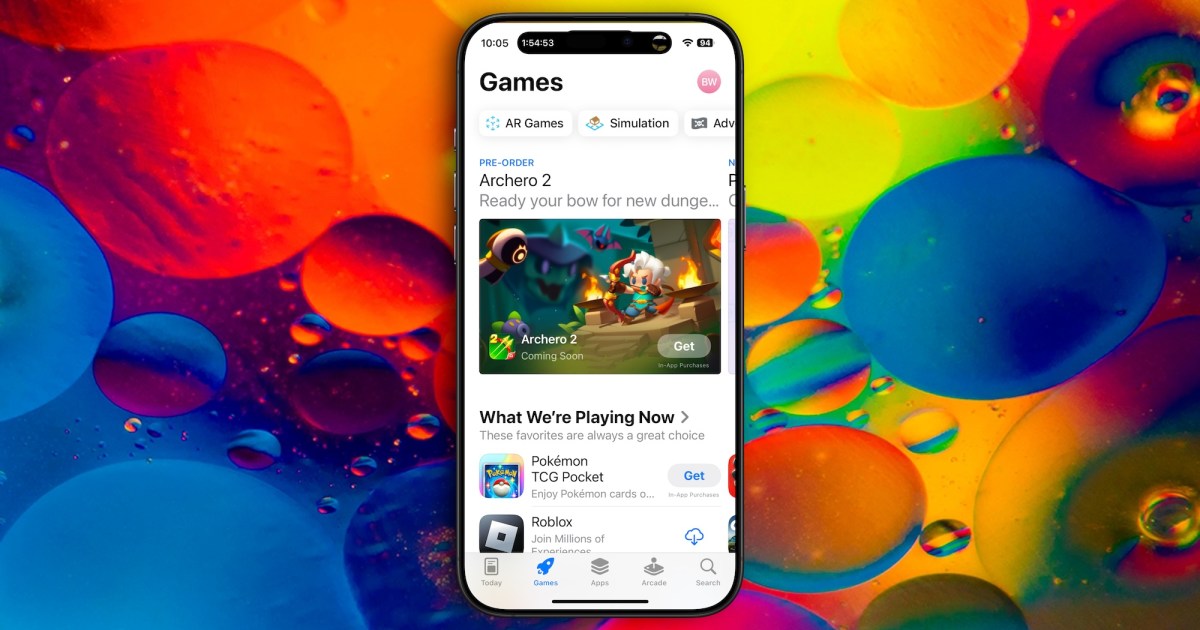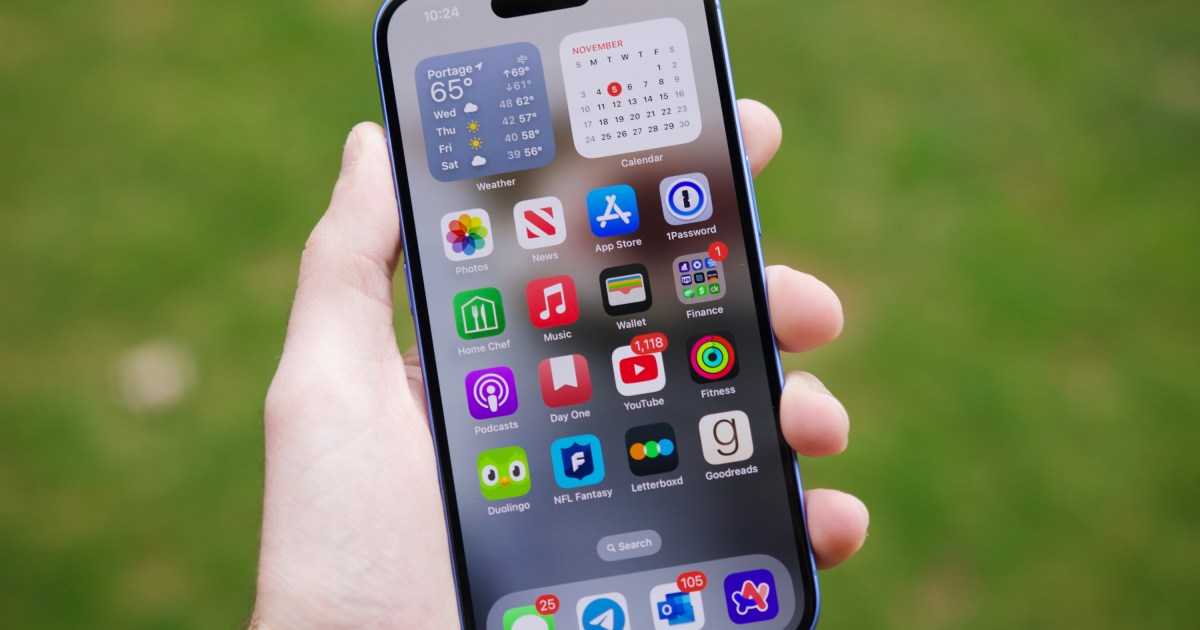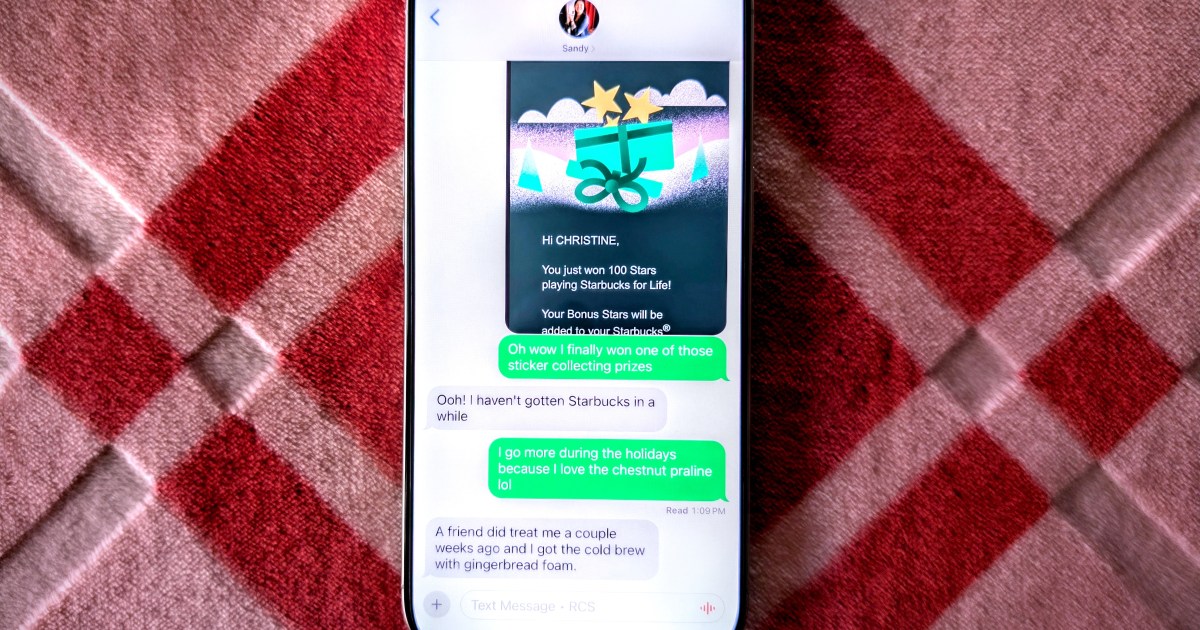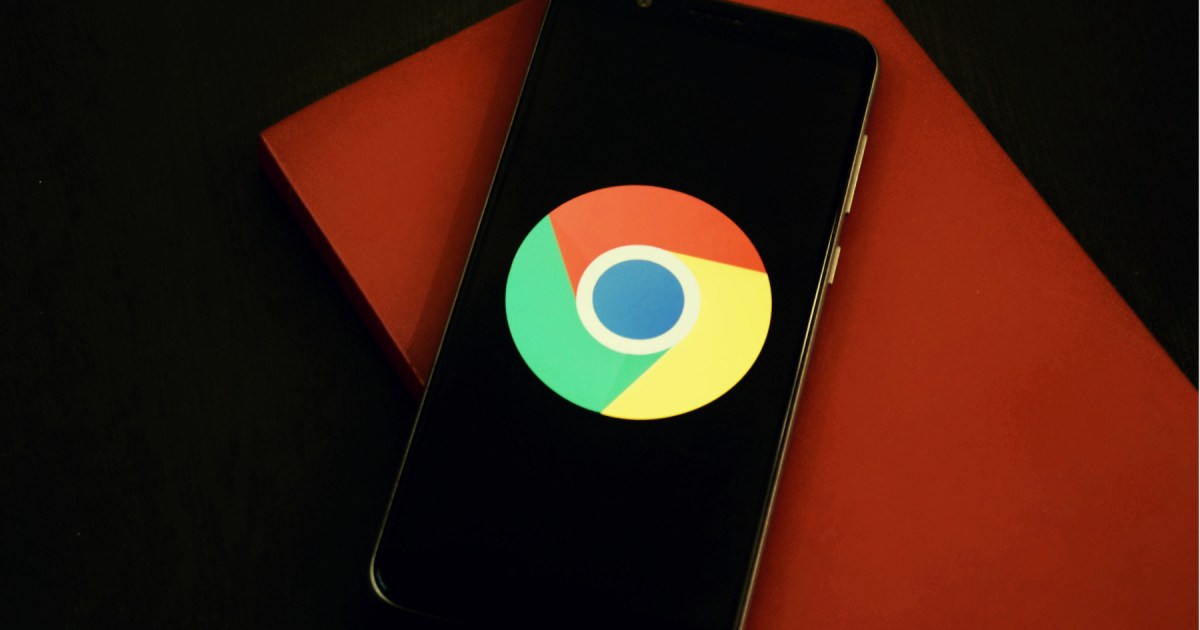A recent study by two child safety organizations, Heat Initiative and ParentsTogether Action, reveals a disturbing truth about the Apple App Store: hundreds of risky apps targeting children are readily available, despite Apple’s claims of a safe environment. The 24-hour research study reviewed 800 apps and found many with features exposing children to potential dangers, including sexual abuse, exploitation, body image issues, disordered eating, and violent content. This alarming discovery raises serious concerns about the effectiveness of Apple’s app vetting process.
The study focused on apps with age ratings of 4+, 9+, and 12+, excluding those rated 17+. Out of the 800 apps reviewed, over 200 were flagged as risky, boasting a combined download count of over 550 million. The research covered five app categories: chat, beauty, diet and weight loss, internet access, and gaming. The report highlights Apple’s lack of legal responsibility for the accuracy of age ratings, further exacerbating the issue.
One of the most concerning findings was the identification of 25 chat apps that allowed strangers to communicate with minors. This poses a significant risk for online predators and highlights a critical vulnerability in these seemingly harmless apps. Additionally, some apps offered unfiltered internet access, bypassing safety measures implemented at home or school.
 App Store screenshot on iPhone.Apple App Store screenshot showing various apps available for download.
App Store screenshot on iPhone.Apple App Store screenshot showing various apps available for download.
The study also uncovered troubling trends in beauty and body-related apps. Some encouraged fasting and dangerously low calorie goals, potentially promoting unhealthy eating habits and body image issues in young users. Furthermore, certain “gaming” apps were found to solicit naked photos from children and normalize violence.
Apple describes the App Store as a “trusted place” and boasts automated and manual app checks. Features like Screen Time are also touted as protective measures for underage users. However, with nearly 2 million apps available, ensuring every app is safe is a monumental, if not impossible, task. Apple itself acknowledges that “App Store security measures alone can never be perfect.”
The researchers propose several solutions, including third-party app reviews, increased transparency in the app rating process, stricter enforcement of age ratings with accountability, and enhanced parental controls. While these suggestions offer potential improvements, they are unlikely to eliminate all problematic apps.
The most effective solution lies in Apple strengthening its app review process to identify and reject inappropriate apps before they reach the App Store. Collaboration with external organizations like Heat Initiative and ParentsTogether Action could also help identify and remove dangerous apps that slip through the cracks.
Ultimately, parental involvement remains crucial. Parents can utilize existing tools to block app installations and regularly monitor their children’s installed apps. Actively using these apps themselves is a critical step in verifying their safety and suitability for their children. This vigilant approach, combined with improved app vetting by Apple, can help create a safer digital environment for children.











